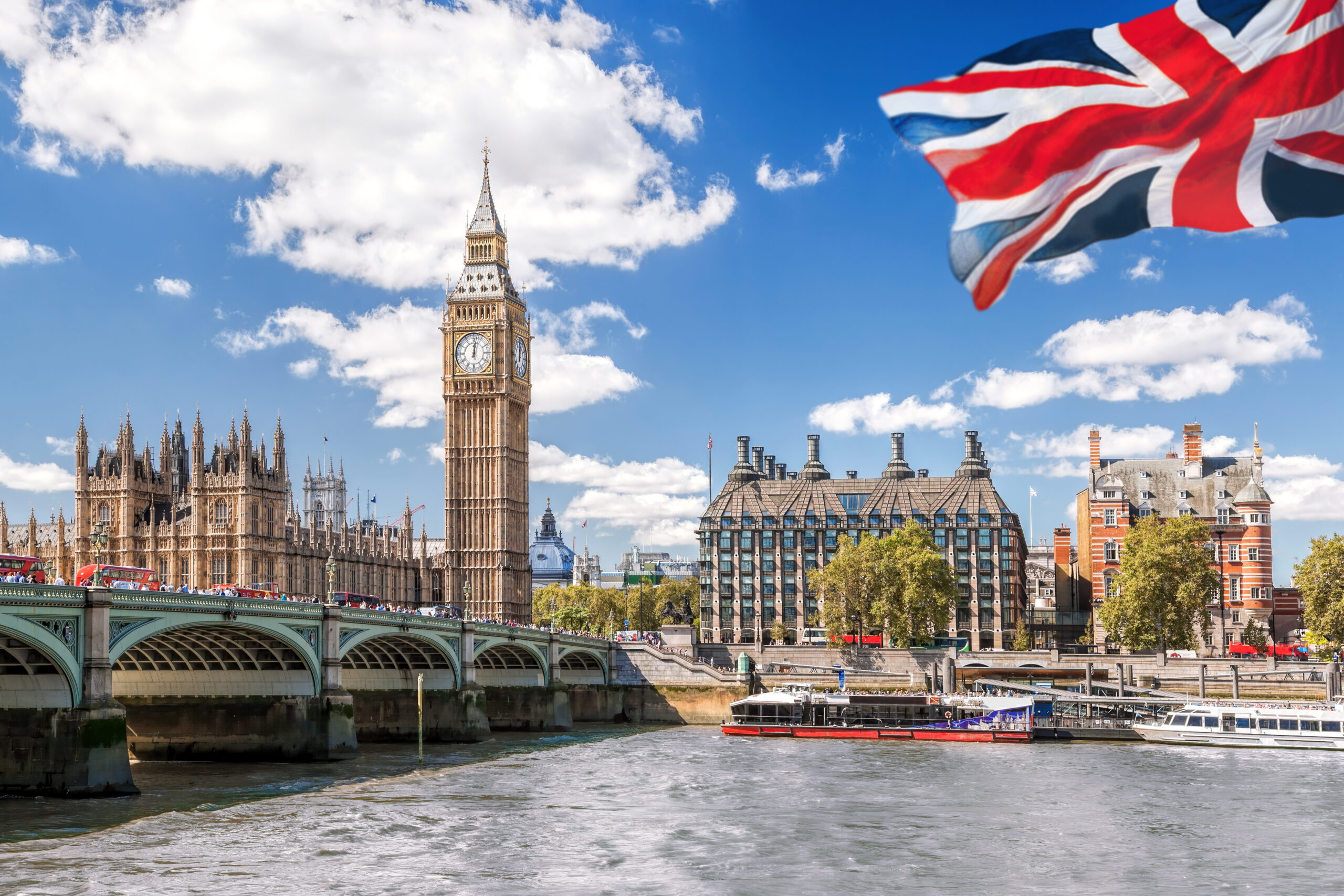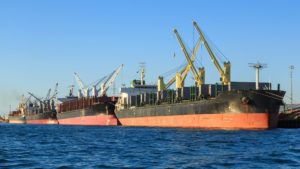For the first time in nearly 18 years, the British government has opened an election window to allow shipping companies to return to UK Tonnage Tax. For those companies otherwise unable to join this beneficial Corporation Tax regime, the election window will enable them to do so, bringing more jobs and investment to the United Kingdom, says the UK Shipping Concierge, citing information from UK´s HM Revenue and Customs.
Shipping companies can join Tonnage Tax either within a year of becoming eligible, for example by moving to the UK, or when HM Treasury opens an election window, and join for a minimum of 8 years.
An election window was last opened in 2005. Any groups who chose not to go into Tonnage Tax, who entered but subsequently left, or who never really explored it before, have been unable to reconsider their decision since then. Finally, they have that chance, since the new election window opened in June 2023 and will remain open for 18 months, closing in November 2024.
The election window will allow companies to benefit from the reforms announced at Autumn Budget 2021, which include:
- removing the EU/EEA flag requirement
- reducing the lock-in period from 10 to 8 years, and
- increasing the permitted limit for “qualifying secondary income”.
The UK government announced further changes to enhance the offer around UK Tonnage Tax in Spring Budget 2023. In addition to the opening of the election window, these included two further changes, which will take effect from April 2024:
- The government will be raising the capital allowance limit for ship lessors who lease into tonnage tax to £200m in line with inflation and the cost of ships.
- The government will permit third-party ship management under the Tonnage Tax regime, which may encourage the growth of this service in the UK. At present, only companies that own or charter their ships can participate in the regime.
Tonnage Tax is a voluntary Corporation Tax regime that taxes a notional profit based on a ship’s tonnage.
“This is more competitive internationally than taxing a ship’s actual profits and accommodates more effectively the fluctuations of the shipping cycle,” says UK Shipping Concierge, citing information from UK´s HM Revenue and Customs.
The tax was originally introduced in 2000 to deliver the government’s aim of promoting the shipping industry and boosting international competitiveness.
To join the regime, shipping companies must pass a strategic and commercial management test, which ensures that all beneficiaries of Tonnage Tax bring significant economic benefit to the UK.
UK Tonnage Tax participants must also fulfil a Minimum Training Obligation, which typically requires them to sponsor the training of one cadet (or three ratings) per year for every 15 officers that they employ on their ships.



